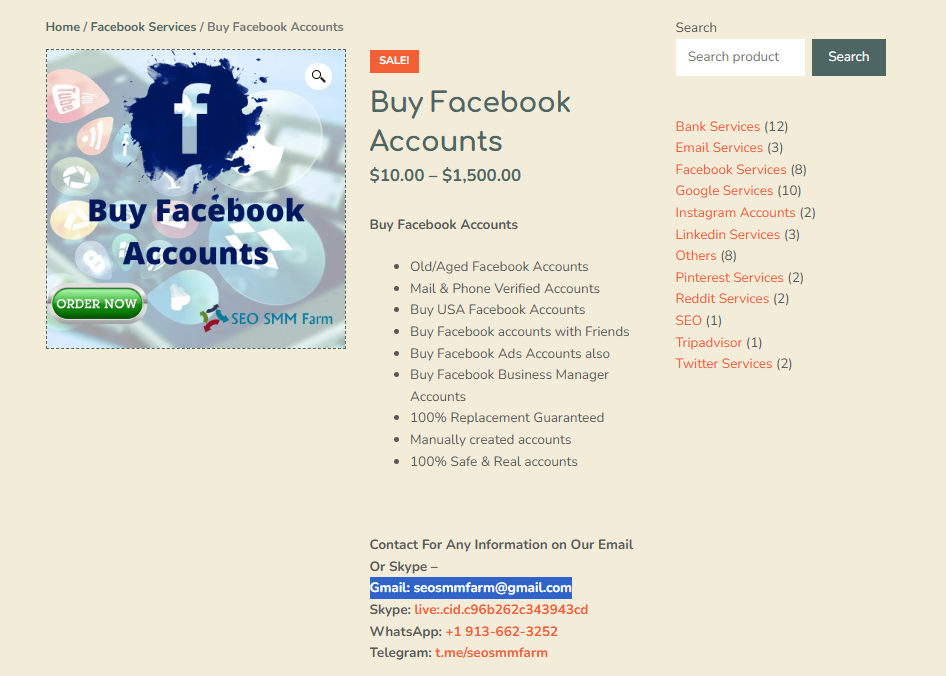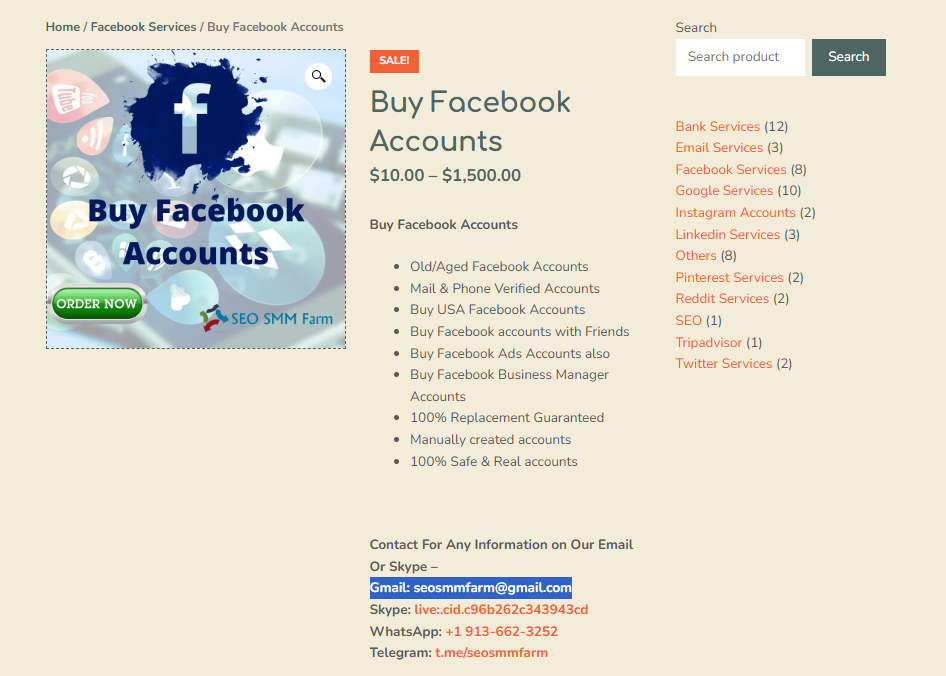The Pros and Cons of PPC Advertising in Digital Marketing

Strong 8k brings an ultra-HD IPTV experience to your living room and your pocket.
Pay-per-click (PPC) advertising is a popular and powerful tool in digital marketing that allows businesses to drive targeted traffic to their websites. Whether it’s Google Ads, Bing Ads, or social media platforms like Facebook or Instagram, PPC offers significant advantages in terms of visibility and audience targeting. However, like any marketing strategy, it comes with its own set of challenges.
In this article, we’ll explore the pros and cons of PPC advertising in digital marketing to help you make an informed decision about whether it's the right strategy for your business.
What is PPC Advertising?
PPC advertising is a model of digital marketing where advertisers pay each time a user clicks on one of their ads. These ads appear on search engine results pages (SERPs), social media platforms, and partner websites. The goal is to drive traffic, increase brand visibility, and generate conversions, such as sales or leads.
PPC campaigns typically operate on a bidding system, where advertisers bid on keywords relevant to their target audience. The higher the bid, the better the chance of the ad being displayed.
The Pros of PPC Advertising
Immediate Results and Traffic
One of the most significant advantages of PPC advertising is the ability to generate immediate traffic. Unlike organic search engine optimization (SEO), which can take months to show results, PPC ads can start driving visitors to your site as soon as the campaign is live.
Instant Visibility: Once your PPC campaign is live, your ad can appear at the top of search results, putting you in front of potential customers right away.
Control Over Timing: With PPC, you can launch a campaign at any time, ensuring that your ads reach users when they’re most likely to engage with them, such as during a product launch, a seasonal sale, or other key events.
Targeted Audience Reach
PPC advertising allows you to narrow down your audience targeting based on various factors such as location, device, time of day, and even demographic characteristics. This level of precision helps ensure your ads are seen by the most relevant users.
Keyword Targeting: You can bid on keywords that are directly related to your products, services, or industry, ensuring that your ads appear when users are actively searching for what you offer.
Demographic and Behavioral Targeting: Platforms like Google Ads and Facebook allow for granular targeting based on factors like age, gender, interests, and past behavior, which helps ensure your ads are seen by people most likely to convert.
Full Control Over Your Budget
With PPC, you have complete control over your advertising budget. You can set daily, weekly, or monthly spending limits, making it easier to stay within your desired budget. Additionally, you can pause, adjust, or optimize your campaign at any time.
Adjust Bids and Budgets: You can increase bids for high-performing keywords or lower bids for underperforming ones. If a campaign is working well, you can scale it up to drive more conversions.
Track Your Spend: PPC platforms provide detailed reporting tools that allow you to monitor how much you’re spending and how well your ads are performing, giving you full visibility into your ROI.
Measurable ROI
PPC campaigns provide robust analytics that makes it easier to track performance. Key metrics like Click-Through Rate (CTR), Cost Per Click (CPC), conversion rate, and Return on Ad Spend (ROAS) allow you to evaluate the success of your campaign.
Optimize Campaigns: Regularly reviewing these metrics helps you identify areas of improvement, allowing you to tweak your campaign for better performance.
Track Conversions: You can track specific actions such as sales, form submissions, or downloads to measure how effectively your PPC campaigns are generating leads or sales.
Brand Exposure
Even if users don’t click on your ads, PPC campaigns can increase your brand’s visibility. Display ads, for example, appear across the Google Display Network and other partner websites, exposing your brand to a broader audience.
Increased Brand Awareness: Even without direct engagement, your ads help familiarize users with your brand, which can lead to higher organic search interest over time.
The Cons of PPC Advertising
Costly for Competitive Industries
While PPC offers control over your budget, it can become expensive, especially in highly competitive industries. Keywords with high search volume or strong commercial intent (e.g., "buy shoes online") can cost a significant amount per click.
Expensive Keywords: In competitive sectors such as legal services, insurance, or finance, bids for certain keywords can be exorbitant, making it difficult for small businesses to compete with larger, more established companies.
Ongoing Costs: Unlike SEO, where you can achieve long-term results through organic efforts, PPC is a continuous expense. Once you stop paying, your ads stop appearing, and the traffic flow ceases.
Requires Constant Monitoring and Optimization
PPC campaigns require ongoing monitoring and optimization to remain effective. It’s not enough to just set up a campaign and let it run.
Time-Consuming: To ensure your campaign is performing well, you need to regularly analyze data, test different ad copies, and refine your targeting. This requires time, effort, and expertise.
Optimization for Better Performance: Even small changes, such as adjusting bids, changing keywords, or updating ad copy, can have a significant impact on your campaign’s success.
Ad Fatigue and Declining CTR
Over time, users may become immune to seeing the same ads repeatedly, leading to a decline in CTR. This is known as "ad fatigue." When CTR drops, the cost of advertising can increase, making it harder to achieve a positive ROI.
Declining Engagement: As ads become less effective, you may need to refresh your creative or test new strategies to keep your audience engaged.
Increased Costs: A lower CTR can lead to a higher CPC, as Google Ads and other platforms use CTR as a ranking factor in determining how much you pay per click.
No Guarantee of Conversions
Although PPC can bring traffic to your site, there is no guarantee that visitors will convert into customers. Poorly optimized landing pages, irrelevant ad targeting, or ineffective ad copy can all contribute to low conversion rates.
Conversion Issues: Traffic from PPC ads may not always be as high-quality as organic traffic. Users who click on ads may not always be as likely to convert, especially if the ad copy doesn't match the landing page’s messaging or the user’s intent.
Dependence on Platform Rules and Changes
PPC advertising relies heavily on platforms like Google, Facebook, and Bing, which means you’re subject to their rules, policies, and algorithm changes.
Platform Changes: Search engine algorithms and advertising platform policies evolve over time. Changes in bidding strategies, ad formats, or rules can have a significant impact on your campaigns.
Ad Account Suspensions: Violating platform policies, even unintentionally, can lead to account suspensions, disrupting your campaigns and potentially costing you valuable ad spend.
Conclusion: Is PPC Right for Your Business?
PPC advertising can be a highly effective and efficient way to generate leads, drive sales, and increase brand visibility. However, it’s not without its challenges. The key to successful PPC campaigns lies in continual optimization, targeting the right audience, managing costs, and ensuring your landing pages are optimized for conversions.
By weighing the pros and cons, you can determine if PPC advertising fits your marketing strategy and budget. For businesses in competitive industries or those looking for immediate results, PPC can offer a significant advantage. However, if you’re looking for a long-term strategy with sustainable growth, it may be worthwhile to combine PPC with organic methods like SEO and content marketing.
Ultimately, PPC should be seen as one part of a larger digital marketing strategy that works in tandem with other tactics to achieve your business goals.
Note: IndiBlogHub features both user-submitted and editorial content. We do not verify third-party contributions. Read our Disclaimer and Privacy Policyfor details.



